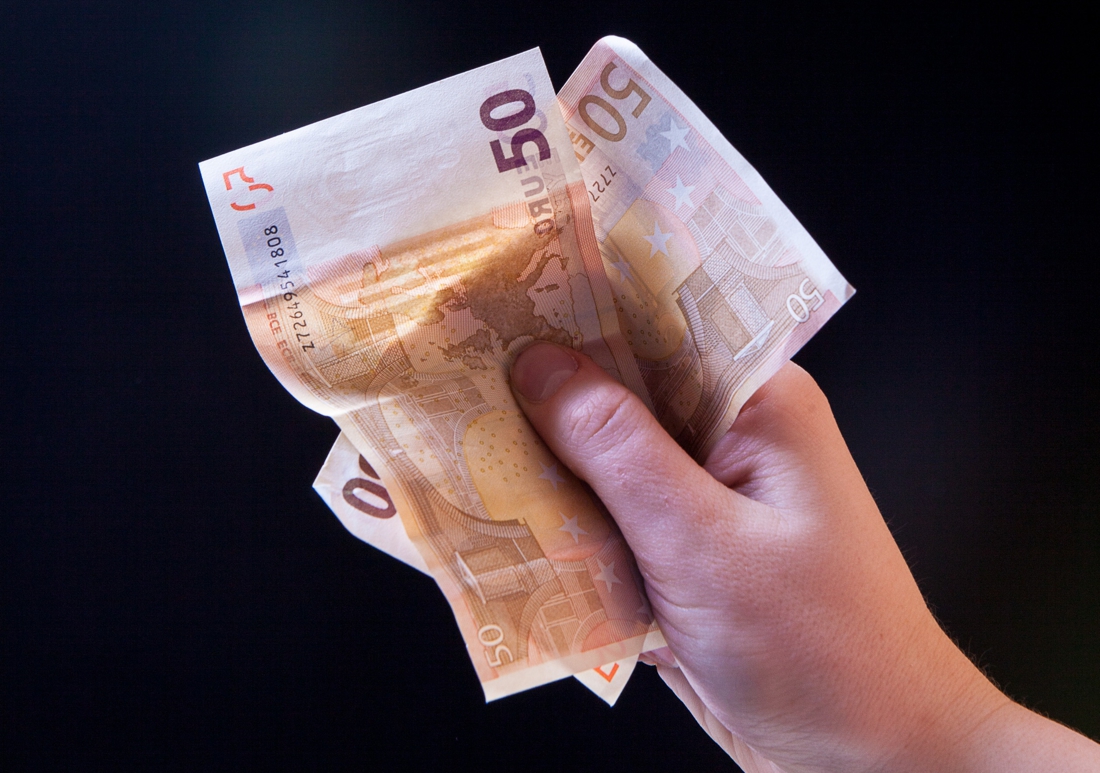According to the most recent figures from Eurostat, the gender pay gap in the 27 countries of the European Union has decreased slightly in recent years, to 14.1 percent (provisional figure) in 2018, the European Commission reported Friday. “At the current rate, we will need decades, or even centuries” to achieve equal merits, emphasize Commissioners Vera Jourová, Nicolas Schmit and Helena Dalli in a joint statement. “That is unacceptable.”
–
Eurostat’s 14.1 percent is the difference between the average gross hourly wages of female and male employees (in companies with at least ten employees), as a percentage of the average gross hourly wage of a man.
A year earlier (2017) the difference was 14.5 percent. This concerns all paid jobs and therefore not the difference in salary between men and women in the same position or with the same workload. The hourly comparison does not take into account the fact that more women work half-time.
For the eurozone, Eurostat calculates the difference at 15 percent (provisional figure, 15.5 percent in 2017), for Belgium at 5.8 percent (the same as in 2017). This means that our country has one of the lowest percentages in the European Union – Estonia has the largest pay gap at 21.8 percent.
A few days ago, the women of the Party of European Socialists (PES) put forward that they believe there is a pay gap in the EU of 28 (with the United Kingdom) of 16 percent. An important reason for this persistent difference is the unequal distribution of unpaid work, such as housekeeping, child care and elderly care, the women of the party explain.
The latter is also apparent from a study by the European Trade Union Confederation (ETUC), which shows that the pay gap is decreasing so slowly that it would take until 2104 to close it. “The gap will be closed in only three countries over the course of this decade,” says ETUC, with glaring differences between countries. The three countries in question are forecasted to be Belgium (in 2028), Luxembourg (in 2027) and Romania (in 2022). But “in at least one of them, the salaries for women and men are unacceptably low,” the ETUC says about the latter.
In its message on Friday, the Commission recalls that it expects to introduce binding measures in the coming weeks with regard to transparency on wages. That tool, which was already announced by Ursula von der Leyen but was expected earlier, can be used specifically in the fight for equal pay, according to the ETUC.
– .


